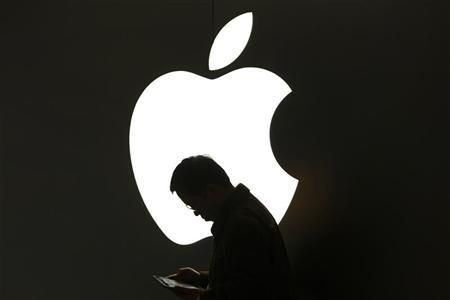MacBook Air 2016 specs: Apple shuns Intel Skylake chipset for own A10X processor
There’s a huge possibility it might backfire on Apple

The latest buzz about the Apple MacBook Air 2016 suggests the new laptop might opt to ditch Intel’s Skylake chipsets for Apple’s homegrown A10X processor.
Patently Apple revealed Apple will use its A10X processor to power the famed laptop because the Cupertino tech giant wants to become more independent from its partners. This move sounds strategic but there’s a huge possibility it might backfire on Apple.
Intel remains famous for its provision of efficient chipsets for both PCs and laptops alike, as pointed out by Latinos Post. That said, severing ties with Intel and deciding to go solo -- especially at a critical time amidst tough competition -- has raised a lot of eyebrows.
Apple must transition properly to the A10X otherwise its plan for selective independence could explode in its face. Some analysts believe Apple’s decision to shun Intel's Skylake processor could be a result of the success of the iPad Pro. After all, the tablet came out of the box running an A9X processor. So far, the Apple processor has proven to be a reliable one.
Apple’s decision to go solo might not be much of an issue, though. After all, consumers usually check out devices first before giving out a review. Potential buyers are expected to first see what Apple's next generation MacBook Air model has to offer before determining whether or not its manufacturer made the right call to scrap Intel chipsets.
Contact writer at feedback@ibtimes.com.au, or let us know what you think below.





















